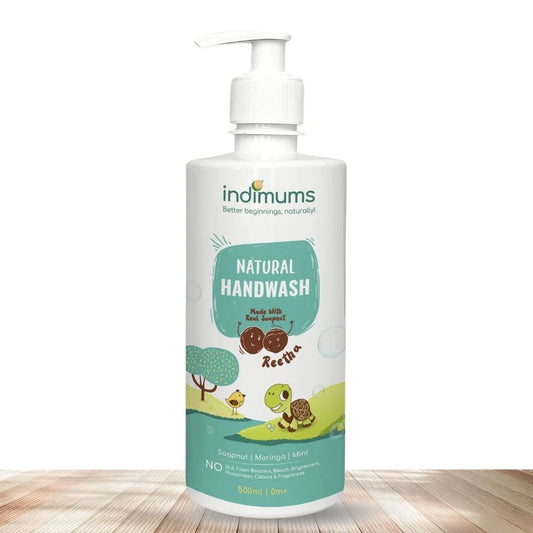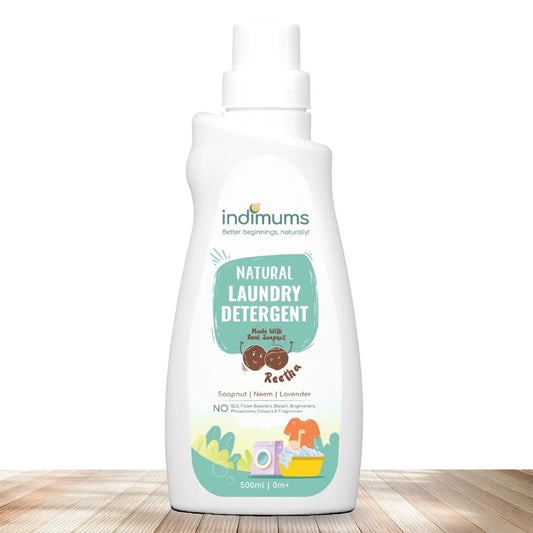Understanding baby sleep is key. As a parent, you likely wonder, “How much sleep does my baby need?” This blog serves as a baby care guide. It offers advice on sleep routines, and answers baby care questions. Moreover, it gives tips for creating a healthy baby care routine.
Why Baby Sleep Matters?
Healthy baby sleep supports brain development, physical growth, and mood. Babies absorb new skills during naps and night sleep. Good sleep also helps parents manage daily routines with ease. Therefore, giving attention to rest is baby care advice moms can’t skip.
Typical Baby Sleep Needs by Age
Safe Sleep Practices
-
Always place baby on their back to sleep, day or night—this reduces SIDS risk
-
Use a firm, flat mattress with a snug fitted sheet only—no pillows, bumpers, blankets, or toys in the crib
-
For the first 6 months, practice room-sharing but avoid bed-sharing
Tips for Supporting Better Baby Sleep
-
Keep room temperature around 20–22°C (68–72°F)
-
Use blackout curtains and white noise machine for better environment
- Encourage naps—even short ones help daytime rest improve future night sleep quality
- Offer a pacifier at sleep time (after breastfeeding is established); ensure safe use
Conclusion
At Indimums, we understand that caring for your baby means choosing products that are both gentle and effective. That’s why our entire range—from shampoo and body wash to bottom wash, handwash, laundry liquid, surface cleaner, and bottle cleaner—is thoughtfully crafted with natural Reetha (Soapnut). Each product is hypoallergenic, pH-balanced, and free from harsh chemicals, because we believe your baby deserves only the purest care.




